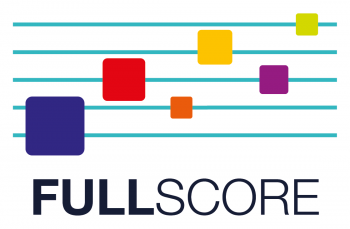C. Conservatoires and the Development of Cultural Policy for Music
Objective
To ensure a full and effective engagement of conservatoire leaders in the development of a European Agenda for Music that seeks: to stimulate musical creativity and creation; to improve the circulation of European repertoire and the mobility of artists throughout Europe; to support musical diversity and ensure music education for all; to strengthen the recognition of the societal value of music; and to reach out to new audiences and develop new publics.
ActivitiesWith this strand of the FULL SCORE project, the AEC aims to share innovative approaches to promoting music, highlight the value of its role in European culture and encourage a wider take-up of these approaches. Moreover, in conjunction with the European Music Council (EMC) and its other members, the AEC intends to engage the views of conservatoire leaders in the formation of a European Agenda for Music.
- Organizing of three consecutive AEC Annual Congresses linked to the European Agenda for Music (EAM) in order to actively involve the AEC membership in all the phases of the development of the initative (Budapest 2014, Glasgow 2015, Gothenburg 2016)
- Publishing of an official Position Paper on the priorities to be addressed by the EAM Based on the feedback recevied by the AEC membership and taking into account the feedback from the partner organizations EMU and EAS
- Embedding of the AEC Position Paper on the EAM in the AEC Strategic Plan
- Developing the the liason with the European Music Council (EMC)
Outcomes:
- AEC Statement on the European Agenda for Music
- AEC Position Paper on the European Agenda for Music
- AEC Strategic Plan embedding the priorities listed in the European Agenda for Music
Expected Sustainability:
- Long-term cooperation with EMC for the further development and the implementation of the European Agenda for Music
The FULL SCORE Strand C material is available for AEC members upon request. For further information, please contact the AEC Office.






